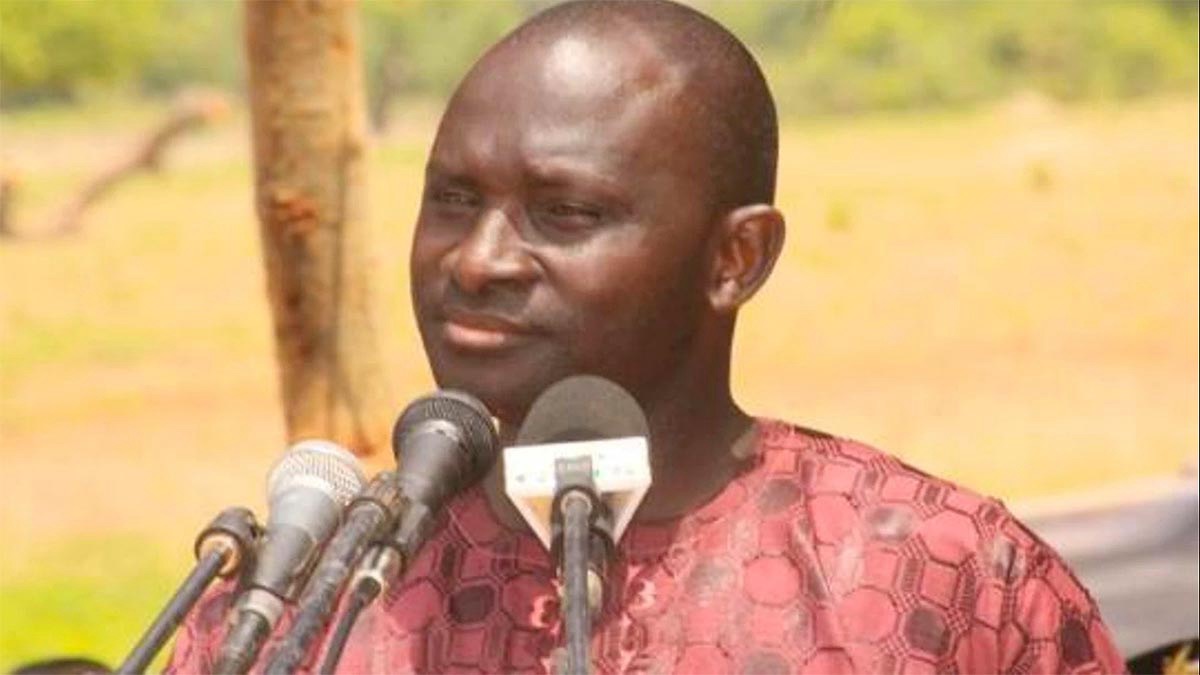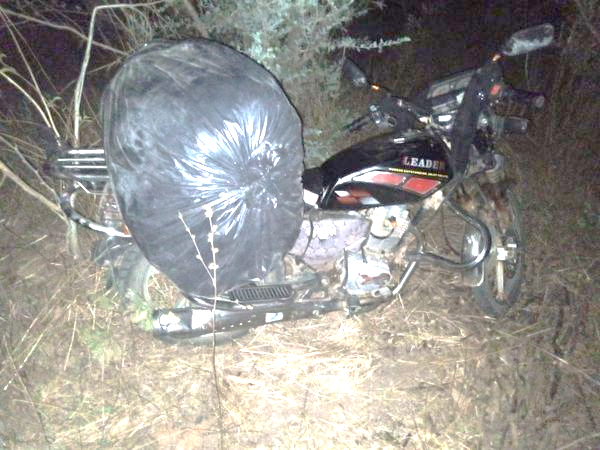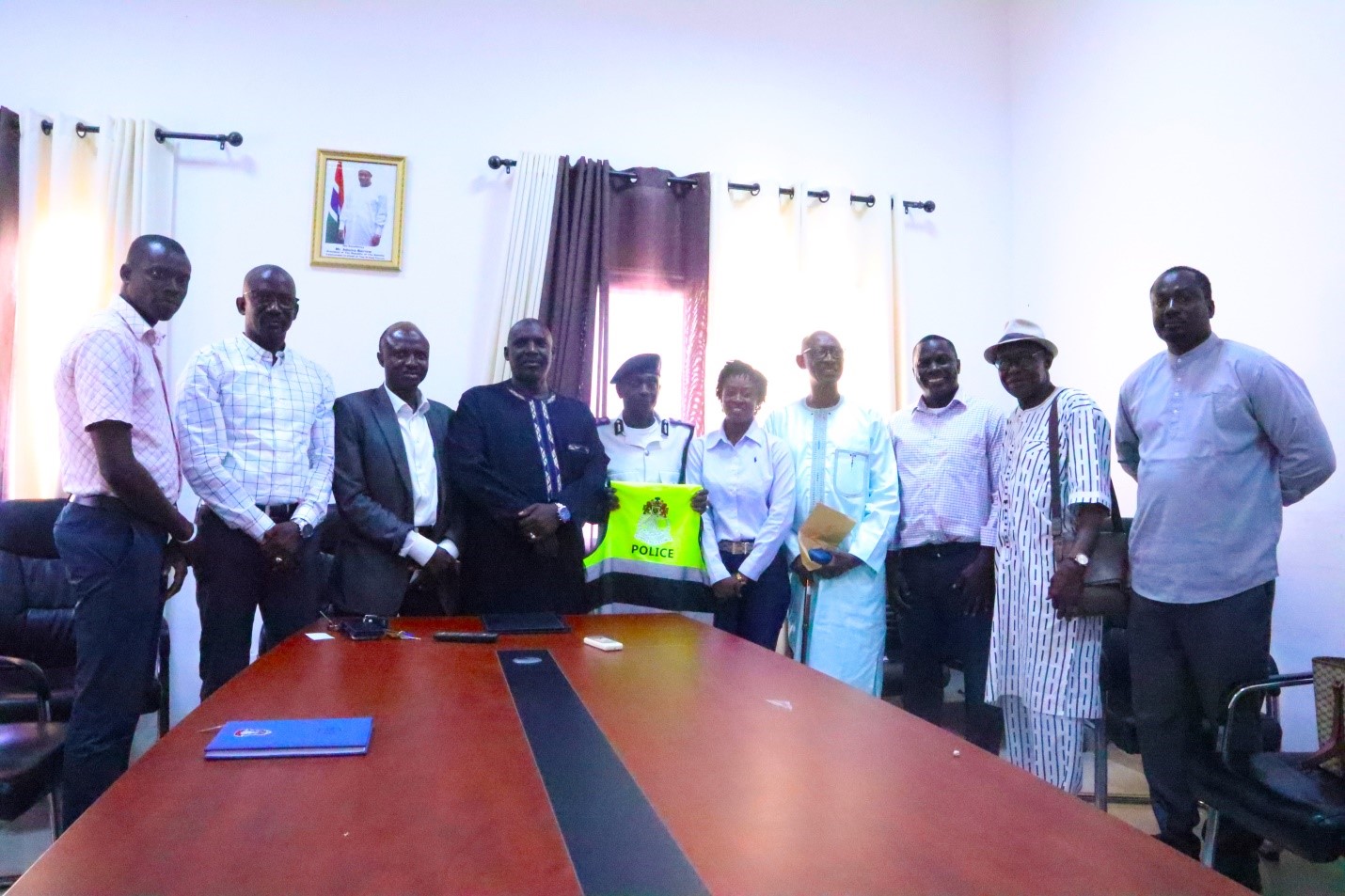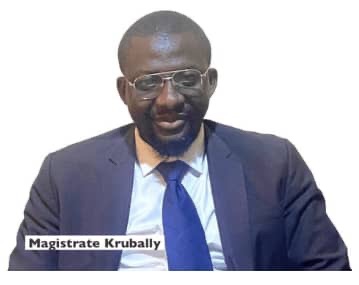As part of an attempted coup d’état in March 2006, OusmanSonko is being accused, as an accomplice of a group of perpetrators, of having tortured various people, including members of the army, politicians and journalists, of having illegally deprived them of their freedom, as well as of having committed a rape in Banjul, The Gambia.
The plaintiff called to testify is a Gambian journalist since the 1990s. In 2006, he was occupying a senior position at the national renowned newspaper The Independent as well as within the Gambia Press Union (GPU).
He was arrested at the end of March 2006, after the newspaper published several critical articles, discussing the coup attempt against Yahya Jammeh. In 2017 and 2022, he was elected as a parliamentarian for the UDP Party.
The plaintiff recalled the Court that, late March 2006, as he was entering his office at The Independent, some police officers – dressed as civilians – who were waiting for him there informed him that he was under arrest.
He was driven to the Police Intervention Unit (PIU)’s headquarters. It was expected as a colleague has been arrested the previous day. Upon arrival at the PIU, he saw many of his colleagues, some of whom were released quickly afterwards.
He was himself brought by the police to the National Intelligence Agency (NIA) in Banjul. There, he saw a fellow journalist and both were taken to the police where they were put in a very narrow, dirty and smelly cell.
He was interrogated about the articles he wrote on the coup attempt. After some time, they were both taken back to the NIA where he was confronted to similar questions.
One night, he was taken out of his cell by masked men and beaten while being questioned in relation to his work. He suffered many injuries on his hands, arms and back as he was trying to protect his face from the violent beatings. He was also insulted violented again on several occasions.
At some point, he was taken before a panel composed of about ten to twenty people, including Ousman Sonko, who was Inspector General of Police (IGP) at the time. He was clearly explained that he was targeted as journalist, especially as he was working for this newspaper.
He was detained for several weeks. The police remained present at the newspaper’s vicinity during about two years – upon orders from the IGP – thereby preventing him from doing his work.
He suffered physical injuries and psychological trauma from the violence he went through.
At the time, the political situation was terrible. According to the plaintiff, The Gambia was hell between 1994 and 2016. YahyaJammeh was a tyrant. With his Cabinet, they created a network that terrorized the population. Politicians and religious figures were arrested. Justice was selective and unfair.
Media buildings were victims of arsons, medias were muzzled and journalists “endangered species”. After the downfall of the former president, the Gambians gained their freedom.
The Gambia is a small country where everyone is interrelated. The majority of Gambians are Muslims but there is religious tolerance today. Tribalism was unknown until Jammeh came to power. The latter was a Diolla – which is a small tribe – and perceived the other ethnic groups as a threat. The Parliament was free under the first Republic, it was a reflection of the people which was then lost under Jammeh.
Procedural highlight
Upon hearing’s resumption on 23 January 2024, the defense filed a written affidavit from Ousman Sonko’s former wife dated 22 January 2024. According to the defense, this document highlights the accused’s personality especially in private.
The Prosecutor argued that the document was irrelevant for the defense but would not oppose to include it in the casefile if it was important to the accused.
The plaintiffs deferred to the court as to the admission of this document in the proceedings, however stressed that it had no significance in Swiss legal practice and that hearing her as witness was neither necessary nor recommended given her proximity to the accused and defense team and her attending of the trial.
The Court will decide at a later stage.





